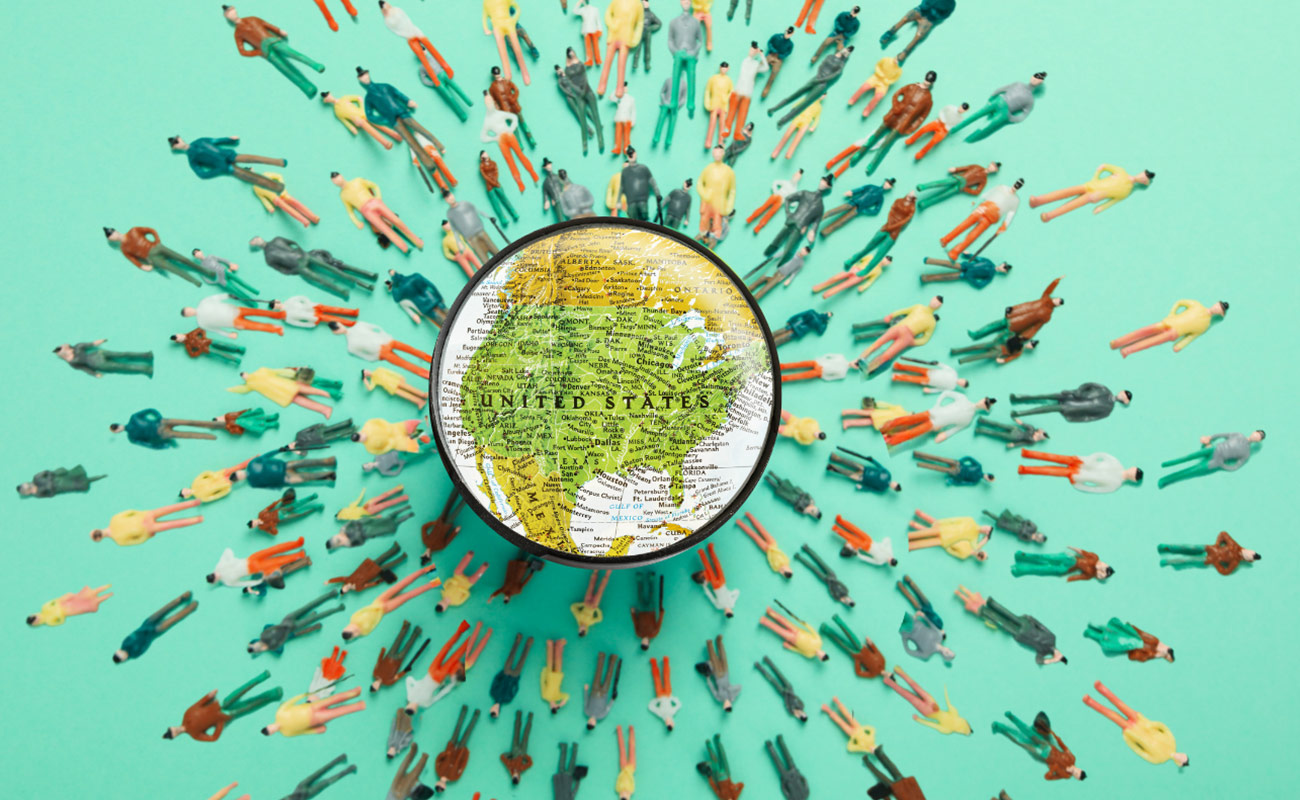Solo Agers on the Rise: Navigating Life as You Age

Are you a Solo Ager? By 2040, it’s expected that 78 million Baby Boomers in America will be over the age of 65, according to the National Council on Aging. With this shift, you might be hearing some new terms like Elder Orphans and Solo Agers more often in conversations or in the media. So, what do these terms mean, and why should they matter to us?
What’s an Elder Orphan?
The term Elder Orphan refers to adults over 55 who are living without the support of a spouse, partner, or children. Some may be parents, but due to circumstances, they are estranged from a child or children. Most people in this age group have parents who have already passed away, which explains the use of the word “orphan.” In fact, a study estimates that around 22.6% of older adults are at high risk of being Elder Orphans – that means living alone with no close family or designated caregiver for support.
The Rise of Solo Agers
Solo Agers is the term many people prefer. The term Elder Orphan can evoke a sense of loss or feeling left behind. Solo Agers includes a wider audience of people. It applies not only to those over 55 but also to younger people who may be single, unmarried, or without children. Many of these individuals live active lifestyles. Many still have living parents, thus are not orphans, and they’re making important decisions about their parents’ care and planning a future on their own.
AARP defines Solo Agers as people over 50 who are single, not in long-term relationships, and without children. Solo Agers make up about 10% of the population over 50 in the U.S. That’s a pretty significant group of people charting their own course!
The Economic Impact of the 50+ Population
While this trend of aging alone as a Solo Ager is on the rise, the contributions of people over 50 to the global economy are growing, too. In fact, by 2050, it’s projected that the 50-plus population will account for almost 60% of global consumer spending – that’s $96 trillion! Already in 2020, older adults were responsible for half of global consumer spending, and in 2018, Americans over 50 contributed $8.3 trillion to the U.S. economy. As younger generations like Millennials and Gen Z begin to age, this impact is expected to triple.
Childlessness and Changing Family Structures
Here in the U.S., family structures are shifting. Of the 92.2 million adults aged 55 and older in 2018, around 15.2 million (or 16.5%) were childless. Only 5% of these childless adults were living with a partner. The math tells us that the remaining 95% means 14.4 million people were living alone. More recent data shows that number to be closer to 16 million.
Recent data highlights the rise of Solo Agers. The U.S. Census Bureau 2023 population survey of people 65 and older reveals that 28 percent of them are living alone. That is an increase of 18% since 1950.
The fertility rate is the term assigned to measure the number of children or potential children born to a woman throughout her childbearing years. The fertility rate in the U.S. – and globally – has also been dropping steadily. With fewer people having children and the birth rate continuing to decline, more individuals will join the category of Solo Agers. Many women and couples are opting out of parenthood or having only one child. Without siblings, the likelihood of aging alone without a family support system will increase.
Looking Ahead
As fewer people have children and life expectancy increases, the number of Solo Agers should continue to grow. More and more people will be navigating life independently as they age. It’s an important trend to pay attention to, whether you’re part of this group or know someone who is. Planning for the future and understanding the resources available for support will be key. There are more choices than ever to craft the lifestyle of your choice. By tapping into available resources to help plan early for the future and connecting with other Solo Agers to build community, the opportunities to live a fulfilling and happy life are limitless.
About the Author
This article was written by Jill Kovalich, founder of SoloAgersConnect. Meet Jill, learn more about the journey that led her to create this online informational hub for solo agers. Do you want her to write about a certain topic? Send a message using this link to our Suggestion Box.
If you found this article helpful, please share this with a friend and be sure to sign up to receive our newsletter !
Help us Build Our Solo Agers Community!
SoloAgersConnect.com is an online hub for solo agers (also known as elder orphans) to easily locate a curated list of trusted service providers, information, resources, and events they need to connect with help and find similar people to build community and develop friendships.
If you found this article helpful, please share this with a friend and be sure to sign up to receive our newsletter !
Be sure to find us on Facebook and join the Solo Agers Connect group. Let’s grow our community, share information and resources, and build community and friendships.
